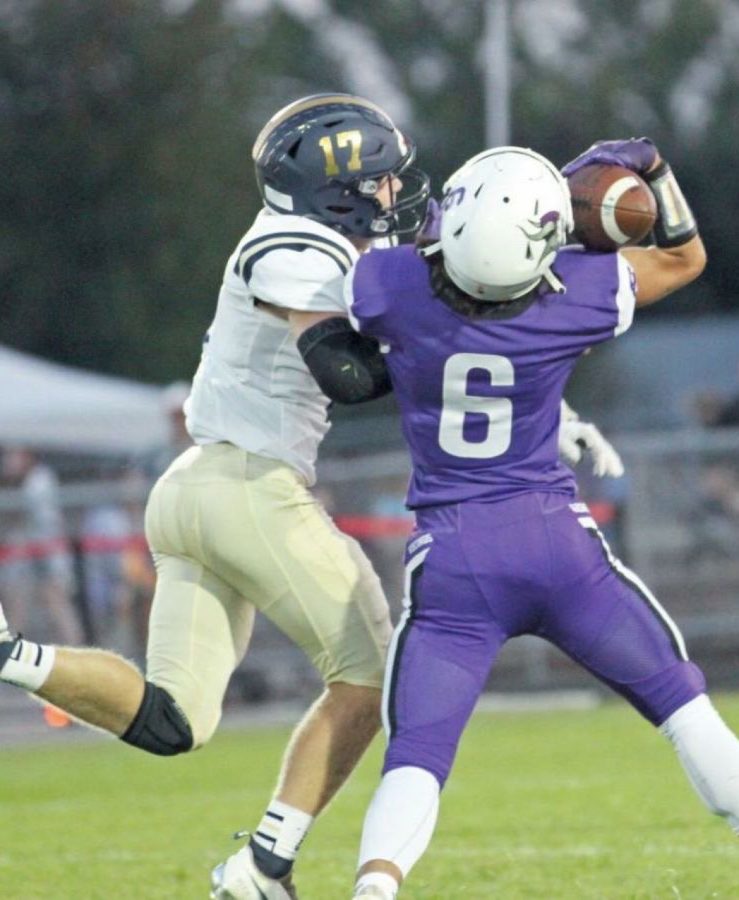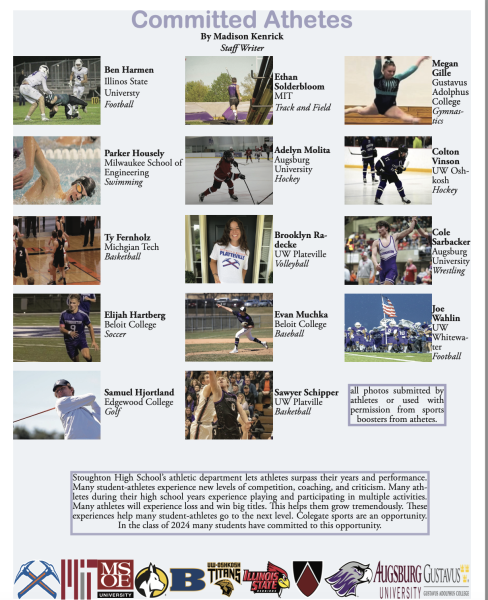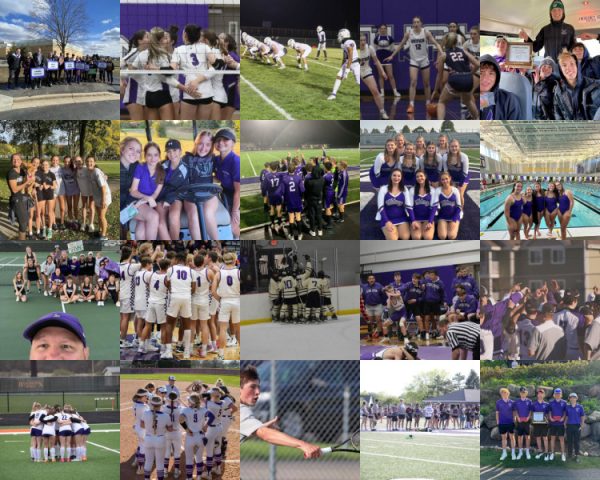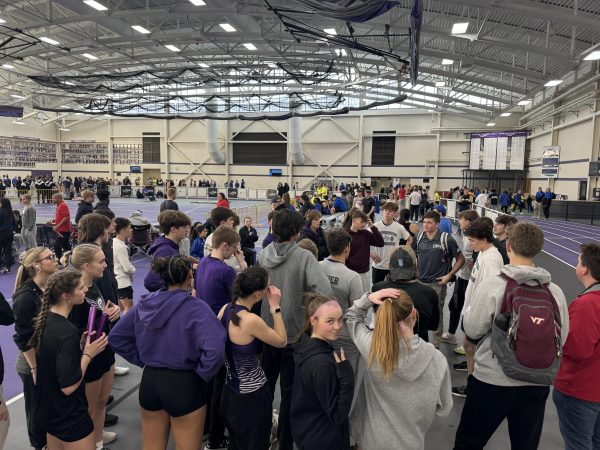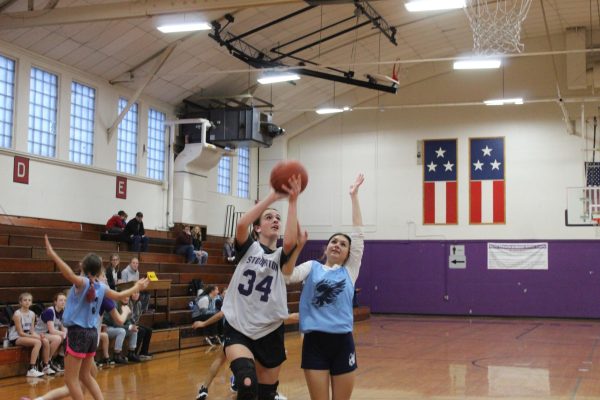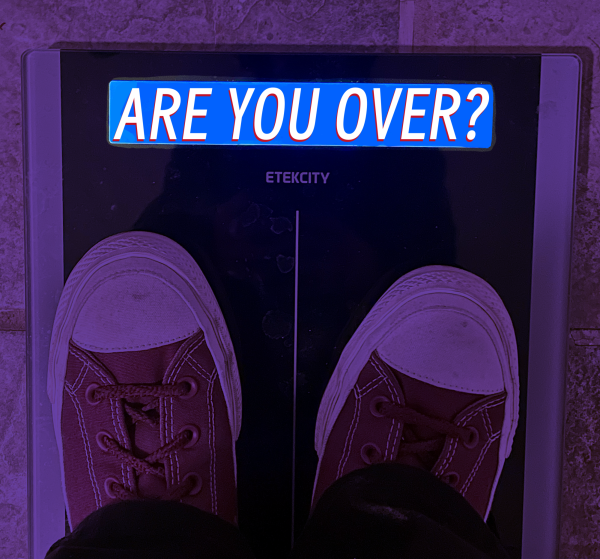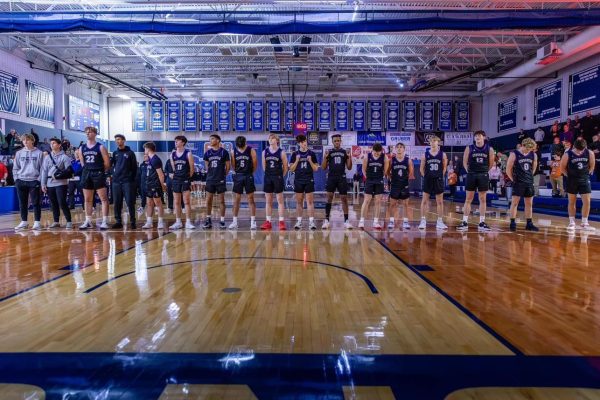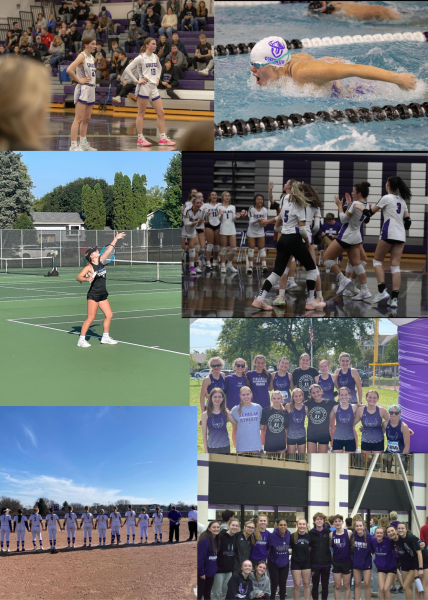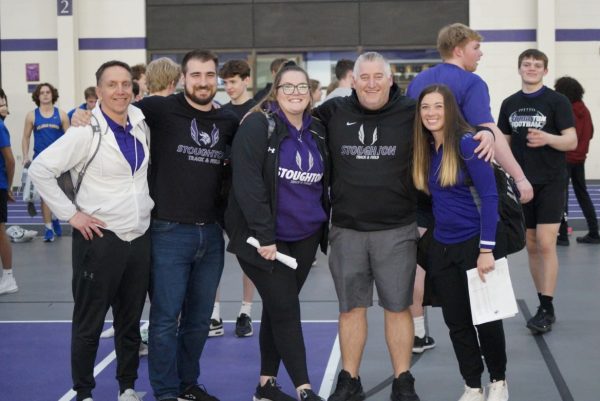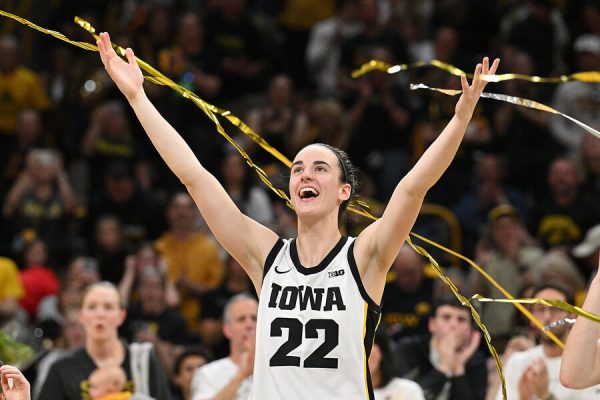Tips and Tricks for the Recruiting Process
Are you an athlete at SHS? Are you interested in playing collegiate sports? Are you struggling with how to market yourself and get recruited by college coaches?
The truth is, the recruiting process is a very tricky and tedious ordeal. It can be tough to figure out how to get your name out there, how to get in touch with the right programs and coaches, and how to simultaneously try to stand out above other recruits across the country.
According to Scholarship Stats, Only around 7% of high school athletes go on to play college sports (ranging from NAIA to division one). While this number may seem miniscule, if you take initiative in marketing yourself and showing your skills, it makes things much easier for you and college coaches.
First and foremost, you need to take care of your classwork. Depending on the school, your GPA and test scores may be an inhibiting factor for which colleges you can be accepted into. For D1 athletics, if you have below a 2.3 GPA, you are not eligible to be recruited/offered. If you slack off in the classroom, you will not be able to earn scholarships and offers.
So, if your grades are taken care of, where is a good place to start? Take out a sheet of paper and make three categories. In one category, write down your dream schools (your top three to five schools). In the next, write down a list of schools that you are interested in learning more about. In the last category, write down your “safety schools.” These are usually your local/state schools (Whitewater, Oshkosh, etc) that recruit primarily in-state. Doing this will get you thinking about schools that you want to play for and build a relationship with. Take this list and go to your high school coaches, as they may be able to help get you in contact with some of those schools.
Next, create a Twitter account (it would not hurt to make an Instagram, Facebook, or Youtube as a back-up, as well). Twitter is the social media platform that coaches most commonly use to recruit. Whether or not you are a fan of social media, it is the best resource for getting your name out to schools across the country.
Once you have your account created, market yourself. In your bio, have your school, grade, GPA, height, weight, athletic markings (ex: squat maximum, 40 yd dash time, vertical jump), athletic achievements, your contact information, and your coaches’ names and contact information. Post your game highlights, workout film, and anything else that you feel will help boost your marketability.
Remember, you are competing with hundreds of thousands of athletes across the world for a limited number of spots. Social media is your personal portfolio. What do you possess that makes you stand out?
Once you have this created, find the coaches that work at the schools you are interested in and follow them. Send them your film, transcript, and contact information. In a matter of a couple clicks and swipes, college coaches can access all of the information they need to get you noticed and on their board of athletes they are interested in. If they do not respond right away, do not take it personally. They have hundreds of athletes contacting them every day. That is why it is important to be persistent, and to take initiative of your future and dreams.
If you do not have access to the internet or social media, it becomes increasingly more important that you work closely with your coaches to get your name out there.
A disclaimer is that depending on the sport, according to NCAA rules, colleges may not be able to respond or contact you directly until after your sophomore year/early junior year. They can on the other hand contact your coaches. Do not let this deter you from reaching out. While they may not be able to respond to you directly, it may get you on their radar.
Once you have the schools you are interested in, the way you conduct yourself and interact with coaches becomes increasingly important in the offer and selection process for collegiate coaches. It is beneficial to talk to people who have been through the process before to learn what you should and should not do to make yourself stand out.
SHS Senior Ayden Probst, a UW-Lacrosse football commit, spoke about important things for athletes to know during the recruiting process.
“It started off with getting as much exposure as I could and getting my name out to as many coaches as possible,” Probst says.
Probst says that how you present yourself when talking to coaches is extremely important.
“Make yourself stand out. Be really outgoing. If it is over [text], really try and stay in contact. Even if it takes a double text or something like that, make sure you stay at the top of their list,” Probst says.
Probst says that attending camps and showcases made a big difference in his recruiting, as it allowed him to present his skills and athletic ability in person.
“It really only takes one good play for your name to stand out to a college coach. For me it was one camp I went to that got the interest and offers from colleges rolling in,” Probst says.
Probst says that the most important thing to remember during the process is that you choose a college that feels like a great fit for you. He says that is ultimately how he ended up at La Crosse.
“I visited the campus over the summer. The coaching staff, the city, I just fell in love with it,” Probst says.
Probst brings up some key ideas to recruiting. It is not uncommon for coaches to evaluate thousands of recruits every year. Depending on the sport, coaches only bring in a select number of athletes in each class. Take advantage of every opportunity you are given.
Recruiting is a tricky process. Athletes in your class will be offered before you. You may feel like you are being overlooked. You may feel like you’re not good enough. There is a big mental game in recruiting that can take a toll on athletes. Understand that if you can play at a high level, colleges will find you. Your path does not need to match everyone else’s. It is your journey. Take advantage of your opportunities and most importantly, have fun.
SUPER GREAT JOB! One thing though, I am not sure if colleges will find you if you are playing at a high level because I know for a fact that I was playing on a completely different level than the rest of my teammates. Just something to consider. I really wish that I had known all of this stuff before now. It makes me sad to know that I missed out on so many opportunities in my tennis career.
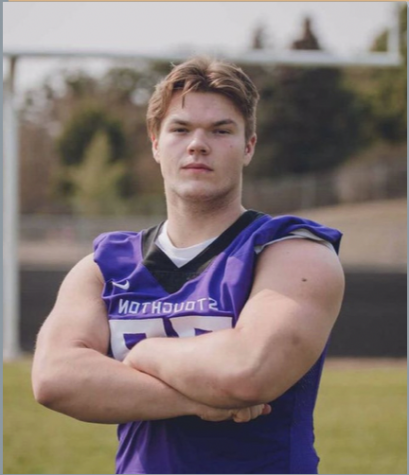
Senior Gabe Rousseau is the Norse Stars sports editor. Gabe appreciates how Norse Star has allowed him to meet new people and get outside of his comfort...

